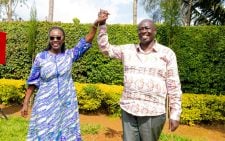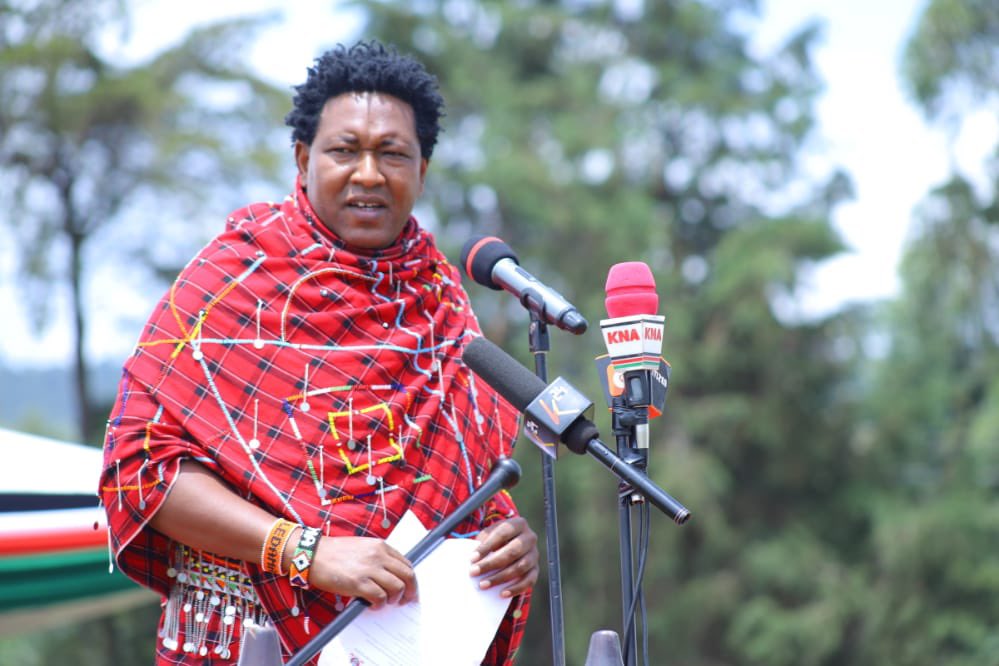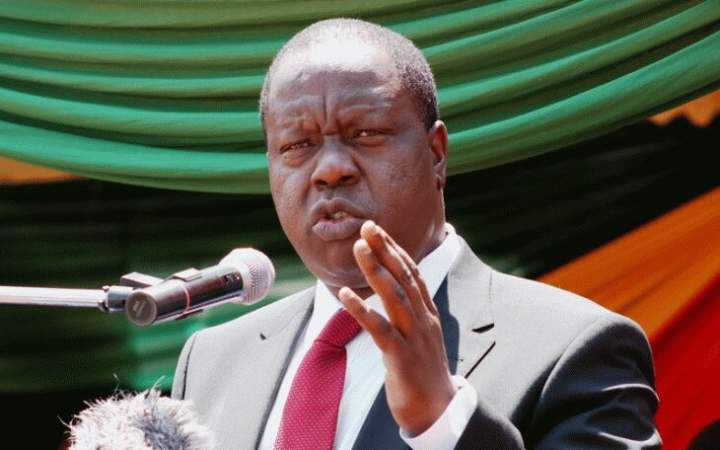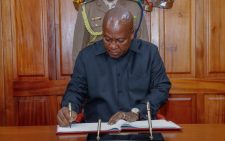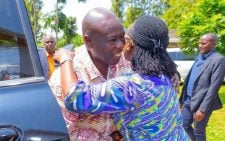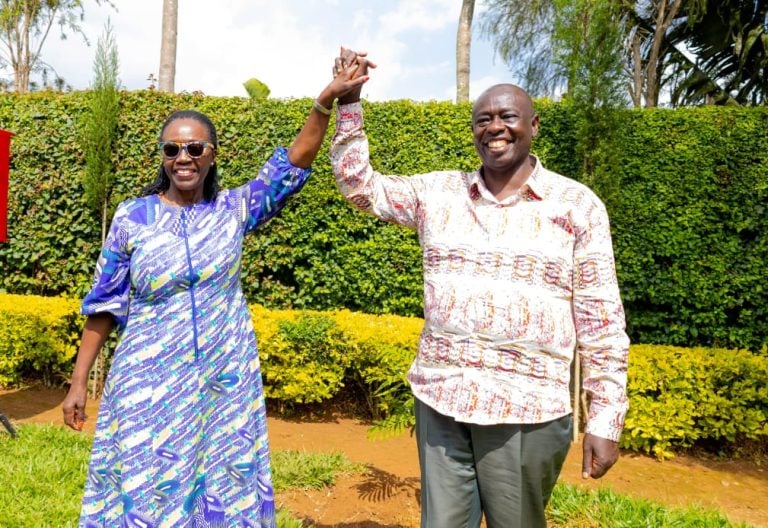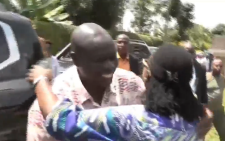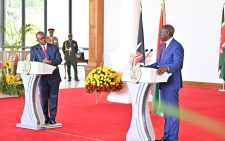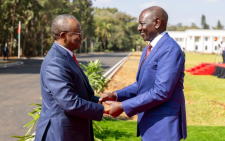We’re all set for three more exams this year, assures CS
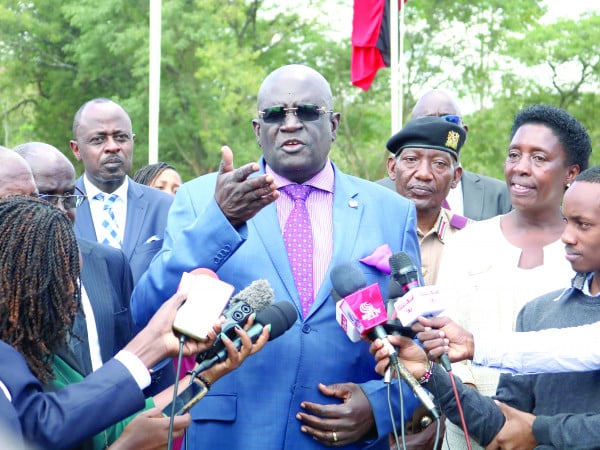
Education Cabinet Secretary George Magoha yesterday affirmed that the government is ready to administer this year’s national examinations.
Magoha urged education stakeholders to support the candidates as they prepare to sit exams between November and December, optimistic that they can handle the tests.
“We are very well prepared, starting with the examination classes. I am very satisfied that these children will fly high even if the were to do the exam today. That is why I am bold enough to encourage stakeholders that, since our children are extremely resilient, we should focus on the exams coming in about two months,” he said.
The Minister made the remarks when he commissioned Competency-Based Curriculum (CBC) classrooms in Nairobi.
“Everything extraneous will come and pass. That exam is important for us because we have to normalise as we go to double-intake, otherwise it will prove to be a challenge. The exam is ready to be administered,” the CS added.
The CBC pioneer class, now in Grade 6, will sit the Kenya Primary School Education Assessment (KPSEA) exams alongside the 2022 Kenya Certificate of Primary Education (KCPE) at the end of November.
The Kenya Certificate of Secondary Education (KCSE) will be administered in December. Magoha assured that CBC classrooms are near completion as part of preparations for a double intake next year.
“In terms of CBC classrooms, we are at over 90 per cent. The Central region, one of the largest in the country, is at 100 per cent, followed by North Eastern and Nyanza — minus Kisii. These have a few classrooms to go. Then Eastern region,” said the CS.
He acknowledged challenges in Nairobi, Coast and the Western regions, but said they are being closely monitored and all CBC classrooms will soon be ready.
Besides the 10,000 Junior Secondary School (JSS) classrooms the Government is constructing, Magoha said 2,300 more will be based in primary schools, within the precincts of secondary schools, 1,000 under the Secondary Quality Improvement Project and 4,000 in the private sector.
He urged the incoming Government to continue constructing classrooms for at least one more year to address infrastructure challenge, adding that teachers have been trained for the first JSS intake.
In April, over 60,000 secondary school teachers drawn from public and private secondary schools, including special needs institutions, were trained to comprehensively implement Grade 7 next year.
While launching the training, Teachers Service Commission (TSC) Secretary Nancy Macharia urged teachers to pay special attention to all students and offer psychosocial support.
She said the learners are younger than the previous cohort that joined secondary school under the 8-4-4 system.
“We are transiting to junior secondary where we are dealing with a broad-based curriculum which requires our teachers to be retooled in the way they handle content. This training is critical,” said Ms Macharia.
Each secondary school nominated six teachers, drawn from subject clusters and departments, with TSC targeting to train all 116,024 tutors by the end of the year. The training targets teachers of languages, pure sciences, applied sciences, Mathematics, Humanities and Technical subjects.
“This is just one of the many trainings we will mount for teachers to ensure all our staff are provided with the needed skills to handle CBC. The training provides a shift from the traditional mode where a teacher stands in front of a class, to a mode where a teacher is amid groups of learners discussing the subjects,” she explained.
Pedagogical approaches
She said the pedagogical approaches used in curriculum delivery are inquiry-based, demonstration, discussions, experimentation and other methods.
The teachers will be expected to improvise or create teaching and learning resources available in the local environment.
According to the CBC taskforce report, JSS was domiciled in secondary level, informed by the fact that this is where learners will need to deepen their understanding of the broad curriculum and choose the pathways to follow in senior secondary.
There will be a projected 27 per cent increase in secondary school learners next year from about 4.4 million to 6 million.
Similarly, about 60 per cent of learners at senior secondary level will most likely pursue Science, Technology Engineering and Mathematics (STEM) courses.
The remaining 25 per cent of learners are to pursue languages and Social Sciences while 15 per cent will study Sports, Science, Performing and Visual Arts.
According to the report, all senior secondary school swill host at least two pathways for optimal utilisation of resources.


